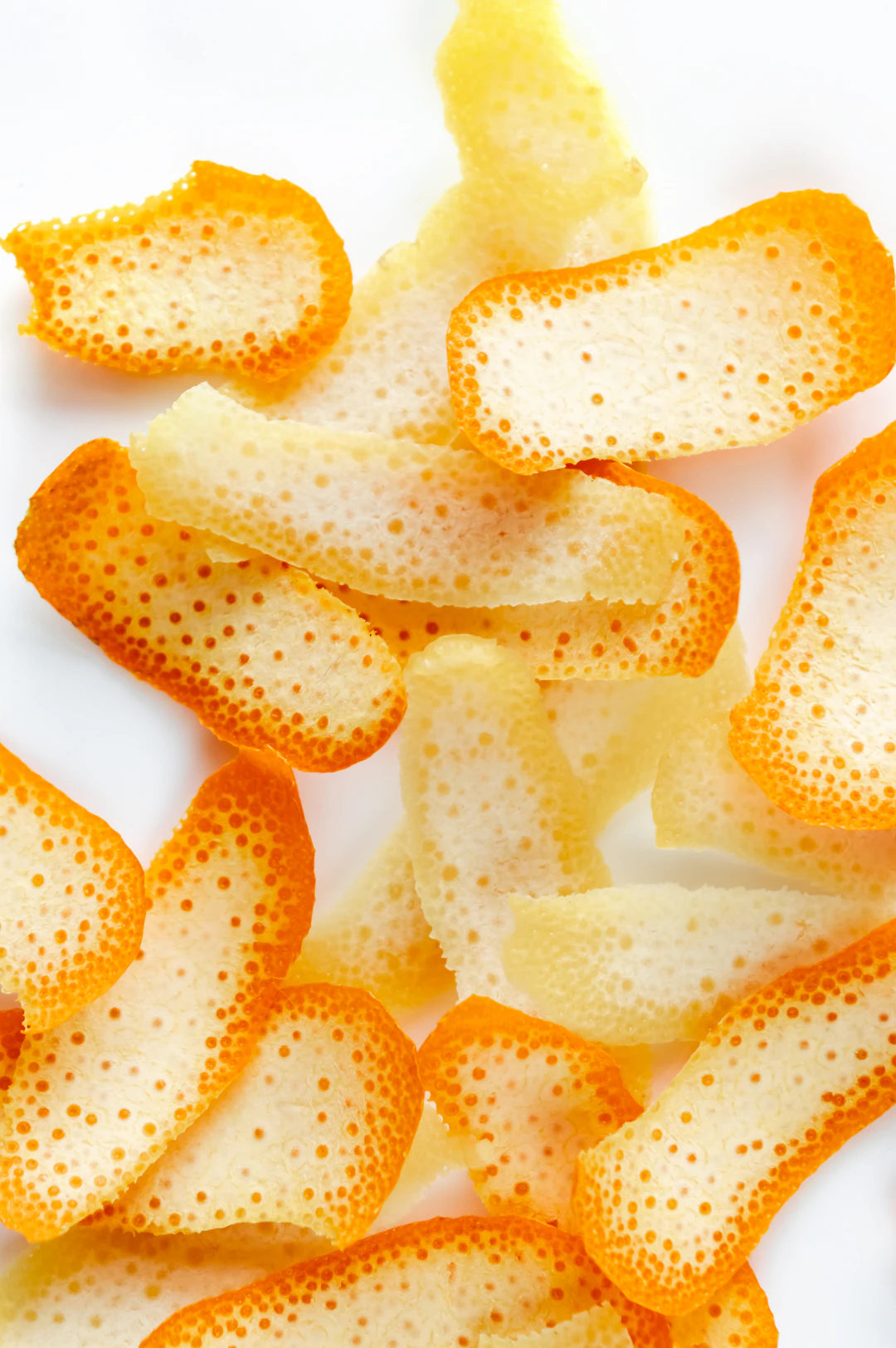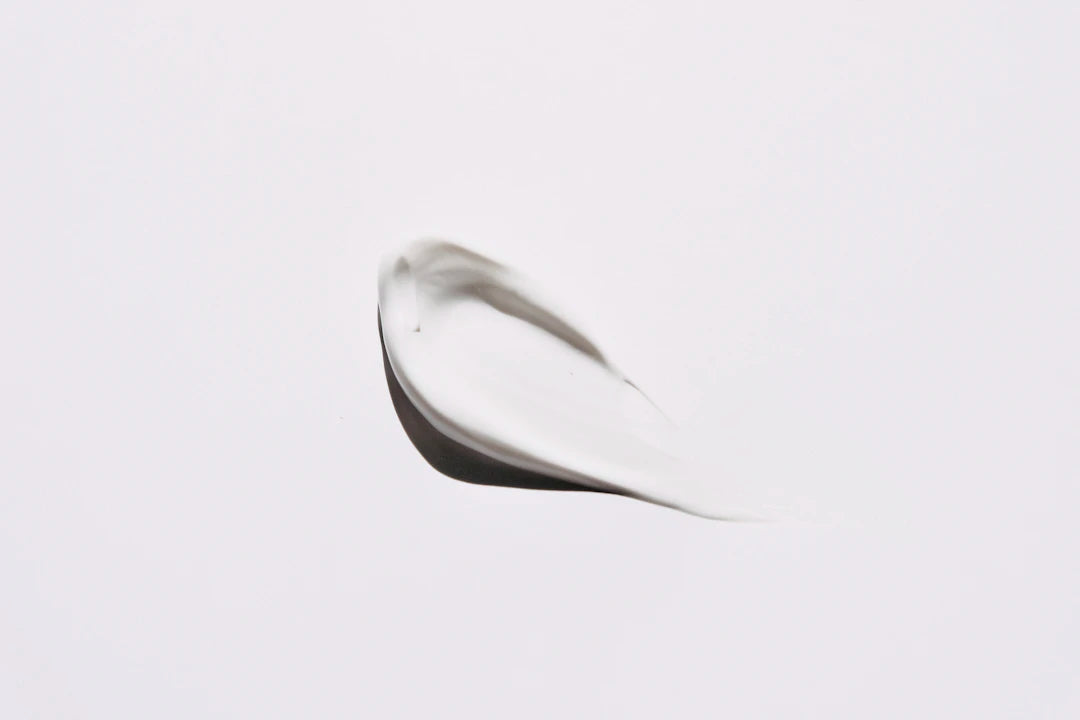The Skin You’re In: How Your Diet Influences Skin Health

Your skin is a mirror that reflects your overall health, and what you put into your body can drastically shape its appearance and vitality. Diet plays a fundamental role in skin health, influencing everything from dryness and breakouts to signs of aging like wrinkles and sagging. In this article, we'll explore the incredible connection between diet and skin health, offering insight into how proper nutrition can lead to a more radiant complexion.
Understanding Skin Health
Your skin is the largest organ of your body and acts as a protective barrier against environmental aggressors, bacteria, and UV rays. However, it requires a steady supply of nutrients to maintain its vitality, elasticity, and glow. Factors such as genetics, hormonal changes, and lifestyle choices like sun exposure and smoking can affect your skin health. Among these, diet is a key variable that can make a significant difference.
The Role of Nutrition in Skin Health
The food you consume has a profound impact on your skin's appearance and health. To get glowing skin, it’s essential to incorporate various nutrients, vitamins, and minerals into your diet. Key dietary components that influence skin health include:
Antioxidants
Antioxidants are compounds that help combat oxidative stress, which contributes to skin aging and various skin issues. Foods rich in antioxidants, such as berries, leafy greens, and nuts, can help protect your skin from free radical damage. *Prism+ Defense Cream* is an excellent choice for external treatment, but topping up your antioxidant intake through diet can enhance internal protection.
Healthy Fats
Healthy fats such as omega-3 fatty acids play a crucial role in keeping your skin hydrated and supple. Fish, flaxseeds, walnuts, and avocados are dietary sources rich in these essential fats. Eating these foods can help reduce inflammation and promote an even skin tone, which is vital for combating signs of aging like wrinkles.
Hydration
Water is fundamental for maintaining skin health. Dehydrated skin can appear dull, flaky, and more prone to wrinkles. Aim to drink plenty of water each day, and consider consuming fruits and vegetables with high water content, like cucumbers and watermelon, to keep your skin hydrated from the inside out.
Foods to Embrace for Radiant Skin
Including the right foods in your diet can positively impact your skin health. Here are some key food groups to embrace:
Fruits and Vegetables
Brightly colored fruits and vegetables are loaded with vitamins, minerals, and antioxidants. Incorporate a variety of these into your daily meals. For example:
- Kiwis - High in Vitamin C, which aids in collagen production.
- Carrots - Rich in beta-carotene, promoting healthy skin renewal.
- Tomatoes - Excellent source of lycopene, a powerful antioxidant.
Whole Grains
Whole grains such as brown rice, oats, and quinoa provide essential nutrients and fiber that help transport and deliver vitamins to skin cells. The fiber-rich content also aids in digestion, keeping your body clear of toxins that can affect your skin.
Lean Proteins
Protein is vital for skin repair and regeneration. Lean meats, poultry, fish, beans, and legumes can help maintain skin elasticity and structure. Collagen-rich foods include bone broth and certain fish, which can help reduce the appearance of wrinkles.
Unhealthy Foods to Avoid
While there are many nutritious foods to include in your diet, certain foods can be detrimental to your skin health. Consider limiting or avoiding:
Sugar and Refined Carbohydrates
High sugar intake can lead to inflammation and glycation, causing premature aging and wrinkles. Refined carbs—found in white bread, pastries, and sugary snacks—can also spike blood sugar levels, leading to skin problems. Opt for complex carbohydrates and natural sugars instead.
Dairy Products
For some individuals, dairy can exacerbate skin issues such as acne. Although it’s not universal, if you find that your skin reacts negatively after consuming dairy, it may be worth reducing or avoiding it.
Processed Foods
Processed foods often contain unhealthy fats, high levels of sugar, and preservatives, all of which can lead to inflammation and skin problems. Stick to whole, unprocessed foods whenever possible for the best skin results.
Integrating Skin-Friendly Nutrients into Your Daily Routine
Incorporating skin-boosting nutrients into your diet doesn’t have to be overwhelming. Here are some practical tips:
Start Your Day Right
Kick off your morning with a smoothie packed with leafy greens, berries, a scoop of protein, and a healthy fat source like avocado or nut butter. This can give you an energizing start and provide a wealth of nutrients for your skin.
Mindful Snacking
Replace chips and candy with nuts, seeds, or fruit. These options provide healthier sources of fat and vitamins that your skin will thank you for.
Meal Prep and Planning
Prepare your meals in advance to ensure that you have healthy options readily available. This helps you avoid impulse eating and ensures you include sufficient skin-friendly foods in your diet.
Holistic Approach to Skin Health
While diet significantly influences skin health, a holistic approach is essential. Here’s how you can complement your nutritional efforts:
Sun Protection
Applying sunscreen daily is one of the most effective ways to protect your skin from premature aging and damage. Make sure to choose a broad-spectrum sunscreen to shield your skin from both UVA and UVB rays.
Choose the Right Skincare Products
Your skincare routine can either enhance or detract from your skin health. Opt for products rich in antioxidants, consider anti-aging treatments, and ensure your routine aligns with your skin type. Products like *Prism+ Defense Cream* can be beneficial to protect your skin while you focus on your diet.
Manage Stress
High-stress levels can lead to breakouts, dullness, and inflammation. Incorporate stress-reducing activities into your routine, such as yoga, meditation, or simply taking a walk in nature.
Get Enough Sleep
Your body repairs and regenerates skin cells while you sleep. Aim for 7-9 hours of quality sleep each night to support your skin’s natural rejuvenation process.
Transform Your Skin Through Nutrition
Your diet can significantly impact the health and appearance of your skin. By consuming a balanced diet rich in antioxidants, healthy fats, vitamins, and minerals, you can help your skin thrive. Be mindful of the types of foods you’re consuming, and strive to integrate more whole, unprocessed options into your meals.
As you embark on this journey toward better skin health, remember that every little change can contribute to significant results. It's not just about aesthetics; it's about nurturing your body from the inside out. The connection between what you eat and how your skin feels is profound, and by prioritizing good nutrition, you pave the way for beautifully glowing skin.
So harness the power of diet and watch as your skin transforms into the mirror of your health, radiating confidence and vitality!


